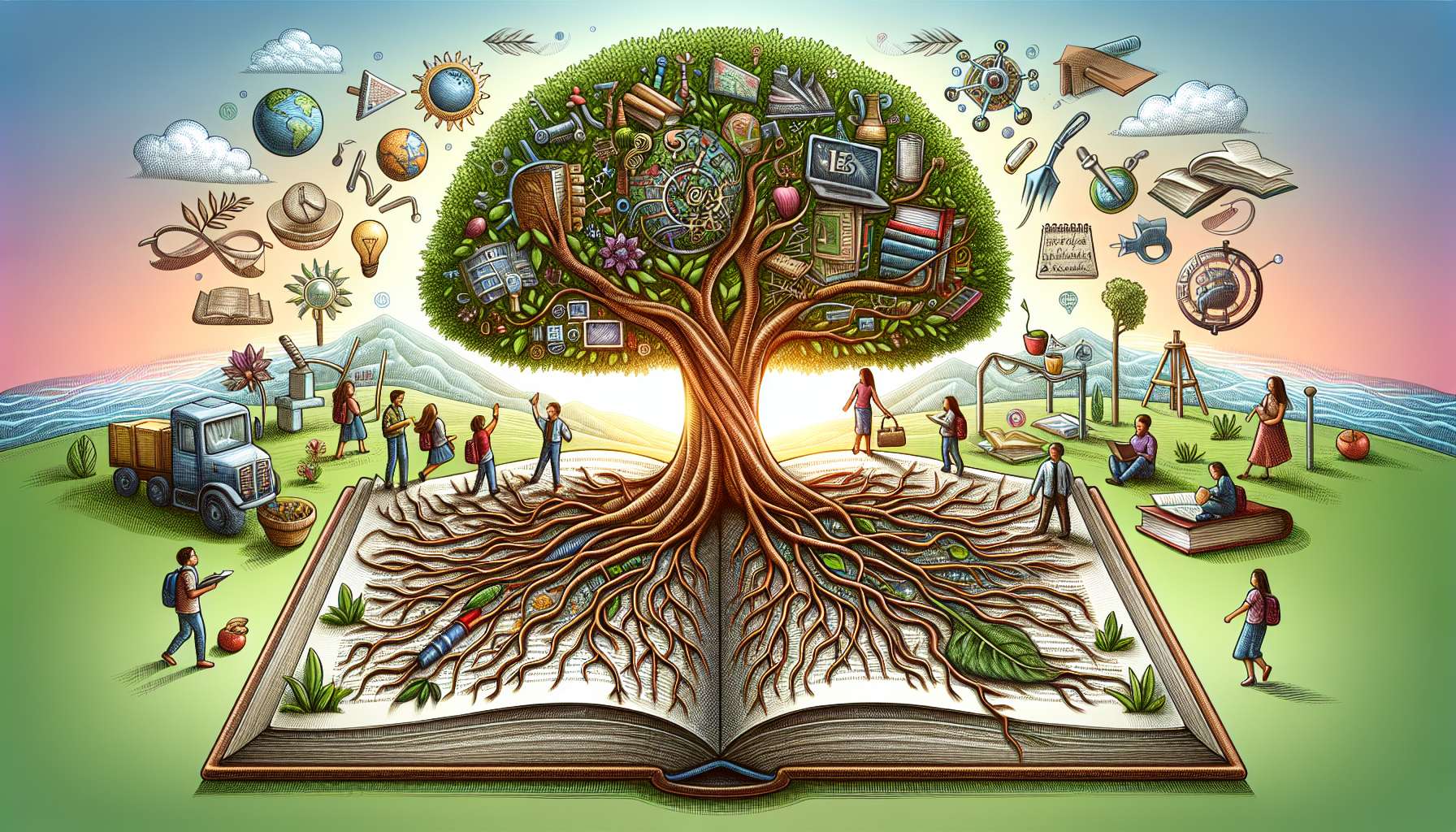The Ultimate Guide to Knowledge Mastery Guidebook
Welcome to the comprehensive guide to understanding and mastering the art of ‘Knowledge Mastery Guidebook’. In today’s fast-paced and information-rich world, the ability to acquire, process, and apply knowledge effectively is more crucial than ever. Whether you are a student, a professional, or simply someone looking to enhance your cognitive abilities, this guide will provide you with valuable insights and strategies to help you become a master of knowledge.
The Power of Knowledge Mastery
Knowledge Mastery Guidebook is not just about memorizing facts and figures; it is about developing a deeper understanding of concepts, making connections between different pieces of information, and applying knowledge in real-world scenarios. By mastering the art of knowledge acquisition and retention, you can improve your problem-solving skills, enhance your creativity, and boost your overall cognitive abilities.
Think about it – how often do you find yourself struggling to remember something important, only to realize that you can’t recall it when you need it the most? Or how many times have you felt overwhelmed by the sheer volume of information available to you, unsure of where to even begin? Knowledge Mastery Guidebook provides you with the tools and techniques to overcome these challenges and take control of your learning process.
The Components of Knowledge Mastery Guidebook
When it comes to mastering knowledge, there are several key components that you need to focus on:
1. Information Acquisition
The first step in knowledge mastery is acquiring information. This involves seeking out reliable sources of information, identifying key concepts, and extracting relevant data. Whether you prefer to read books, watch videos, or listen to podcasts, the key is to be proactive in your search for knowledge.

2. Information Processing
Once you have acquired the necessary information, the next step is to process it effectively. This involves organizing the information in a way that makes sense to you, making connections between different pieces of information, and synthesizing complex ideas. Tools such as mind mapping, note-taking, and concept mapping can be incredibly helpful in this process.
3. Information Retention
Retaining information is crucial for long-term knowledge mastery. This involves strengthening your memory through techniques such as spaced repetition, active recall, and mnemonic devices. By practicing these strategies regularly, you can improve your retention of information and recall it when needed.
Real-Life Applications of Knowledge Mastery Guidebook
The principles of Knowledge Mastery Guidebook can be applied to various aspects of life, including education, work, and personal development. Here are some real-life examples of how knowledge mastery can make a difference:
1. Education
Students who master the art of knowledge acquisition and retention are more likely to excel academically. By developing effective study habits, utilizing memory techniques, and making connections between different subjects, students can improve their learning outcomes and achieve better grades.

2. Work
Professionals who are knowledgeable in their field are more likely to succeed in their careers. By staying updated on industry trends, expanding their skill set, and applying critical thinking skills to solve problems, professionals can stand out in the workplace and advance in their careers.
3. Personal Development
Knowledge mastery is not just about academic or professional success; it also has significant benefits for personal development. By continuously learning new things, challenging your beliefs, and seeking out diverse perspectives, you can expand your horizons, enhance your creativity, and become a more well-rounded individual.
Expert Opinions on Knowledge Mastery Guidebook
According to renowned cognitive psychologist Dr. Elizabeth Loftus, “Knowledge mastery is the key to unlocking your full potential. By mastering the art of acquiring, processing, and retaining information, you can enhance your cognitive abilities and achieve success in all areas of your life.”
Common Misconceptions about Knowledge Mastery Guidebook
One common misconception about knowledge mastery is that it is only relevant for academic or intellectual pursuits. In reality, knowledge mastery is a valuable skill that can benefit individuals in all aspects of their lives, from personal relationships to professional success.
Conclusion
To wrap things up, knowledge mastery is a powerful tool that can help you unlock your full potential and achieve success in all areas of your life. By mastering the art of acquiring, processing, and retaining information, you can enhance your cognitive abilities, improve your problem-solving skills, and become a lifelong learner. So, what are you waiting for? Start your journey to knowledge mastery today!




